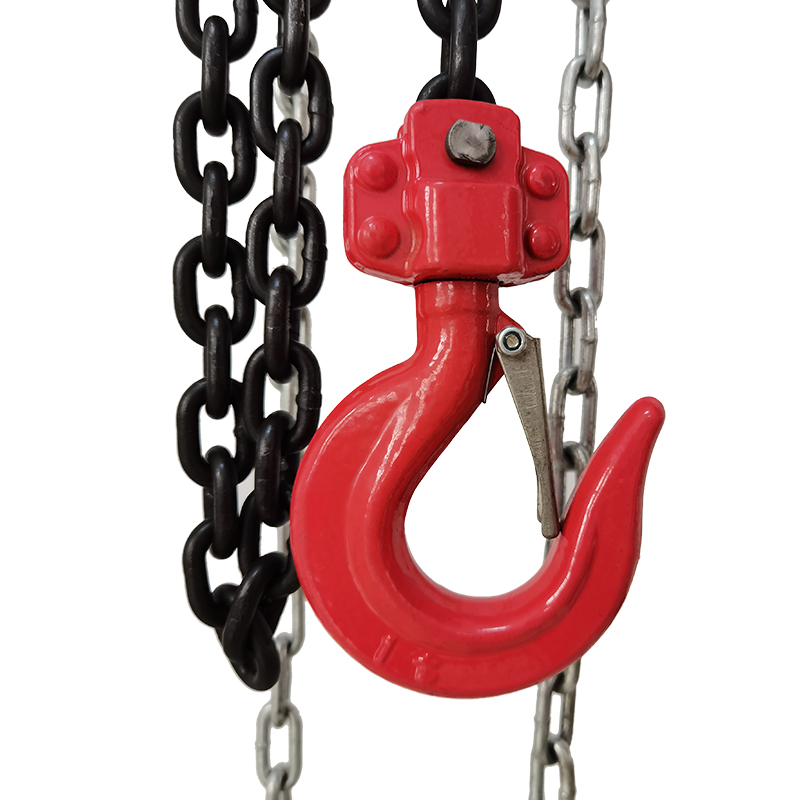


Understanding Lifting Scales An Essential Tool for Weight Measurement
In the world of weight measurement, lifting scales play a pivotal role in various industries, from shipping and logistics to construction and manufacturing. These specialized devices are designed to accurately measure the weight of heavy objects, making them indispensable in any setting where heavy lifting and precise weight determination are crucial. In this article, we will delve into the features, applications, and benefits of lifting scales, emphasizing their importance in modern operations.
The Basics of Lifting Scales
Lifting scales, also known as crane scales or hanging scales, are devices used to measure the weight of an object suspended from a hook or a lifting mechanism. They are often equipped with a display that shows the weight being measured, allowing operators to monitor and assess loads accurately. The technology behind lifting scales has evolved significantly, with modern devices often featuring digital displays, wireless connectivity, and advanced sensors that enhance precision and usability.
Types of Lifting Scales
Lifting scales come in various forms, each designed for specific applications. The most common types include
1. Mechanical Crane Scales These traditional scales use a system of springs and levers to measure weight. They are reliable and require no power source but may lack the precision and features of their digital counterparts.
2. Digital Crane Scales These scales use electronic sensors to provide accurate weight readings. They often come with features such as tare functions, peak hold, and the ability to switch between different weight units (pounds, kilograms, etc.). Digital scales are generally preferred in most industries due to their accuracy and ease of use.
3. Wireless Lifting Scales Incorporating Bluetooth or Wi-Fi technology, these scales allow for remote monitoring and data collection. This feature is particularly useful in large warehouses or shipping yards where operators may need to check weights from a distance.
4. Industrial Lifting Scales Designed for rugged environments, these scales can withstand heavy use and harsh conditions. They are often built with reinforced materials and come with additional safety features to handle extreme weights.

Applications of Lifting Scales
The versatility of lifting scales makes them useful in various sectors
- Shipping and Logistics Accurate weight measurement is critical in shipping to ensure compliance with transportation regulations and avoid overloading vehicles. Lifting scales help optimize shipping costs and improve logistical efficiency.
- Manufacturing In factories, lifting scales assist in the quality control process by ensuring that products are within specified weight ranges. This is particularly important in industries such as food production and pharmaceuticals.
- Construction In construction sites, lifting scales enable workers to monitor the weight of materials being lifted by cranes or other heavy machinery, ensuring safety and compliance with building codes.
- Fishing and Agriculture Fishermen and farmers use lifting scales for weighing their catches or harvests, enabling them to manage their practices more efficiently and optimize sales.
Benefits of Using Lifting Scales
The adoption of lifting scales brings several advantages. Firstly, they enhance safety by preventing overloads, which can lead to accidents and equipment failure. Accurate weight measurement also streamlines operations, saving time and reducing costs associated with errors and rework. Furthermore, modern lifting scales often come with features that enhance usability, such as illuminated displays for easy reading in low-light conditions and programmable settings for repetitive tasks.
Conclusion
Lifting scales are essential tools in today's industrial landscape, providing accurate and efficient weight measurement solutions across various sectors. With their advanced technology and diverse applications, they play a significant role in enhancing safety and efficiency in lifting operations. As industries continue to evolve, the demand for precise weight measurement will only grow, further solidifying the importance of lifting scales in our daily operations. Investing in quality lifting scales is not just a choice but a necessity for businesses focused on operational excellence and safety.



